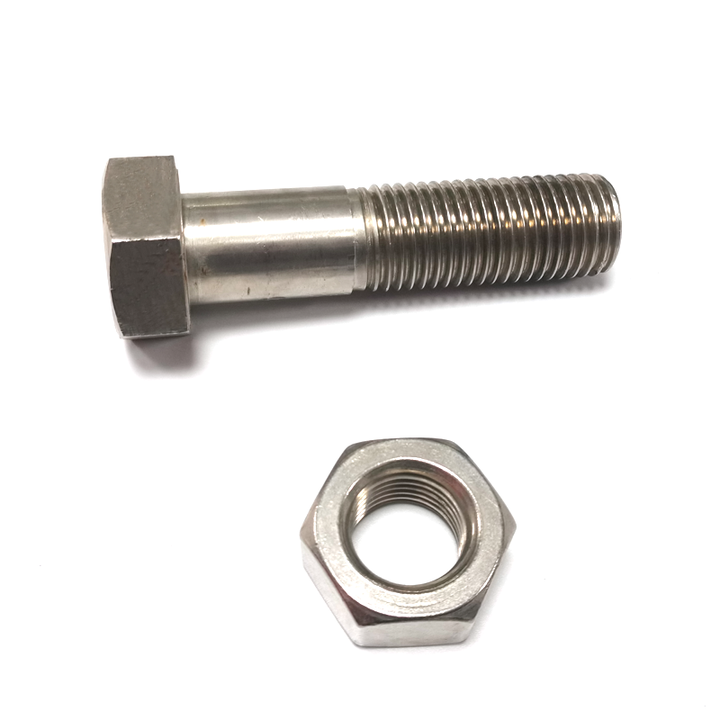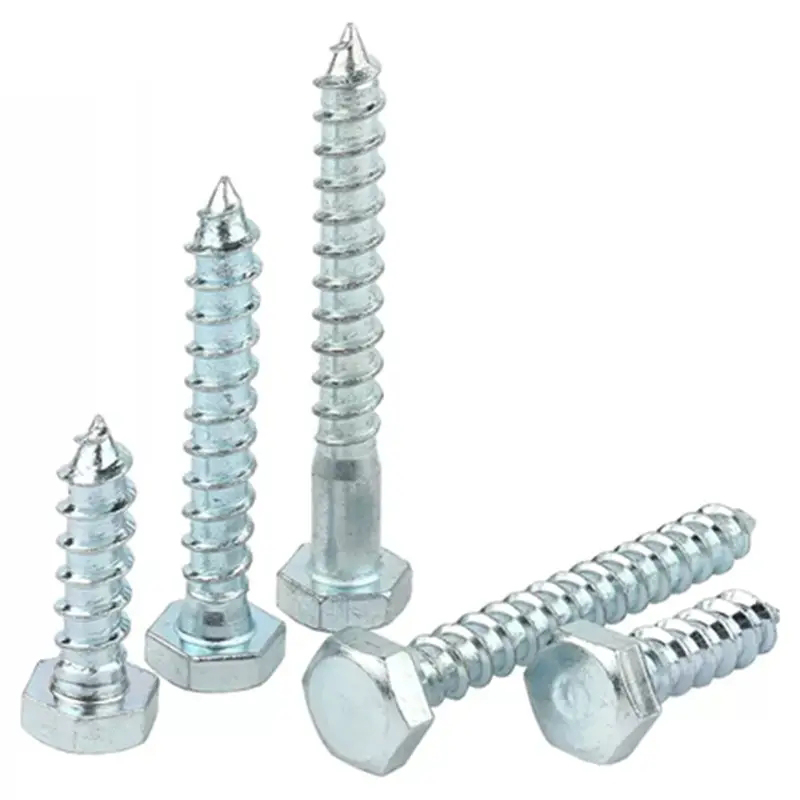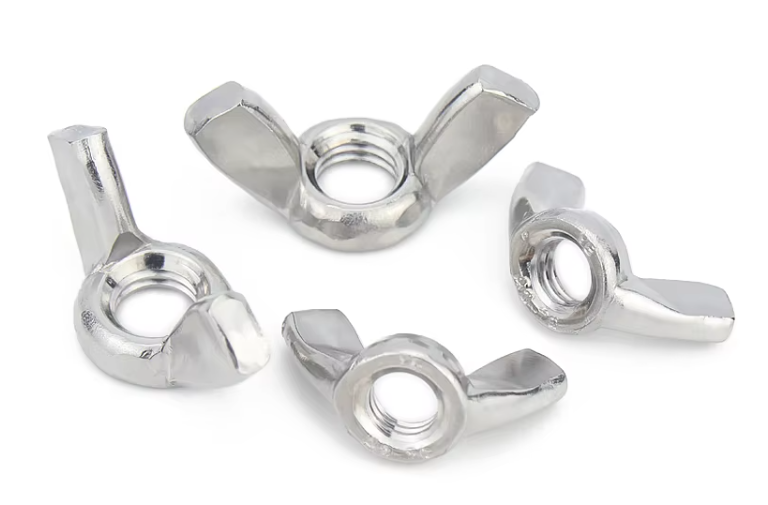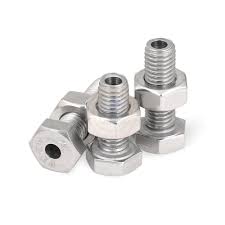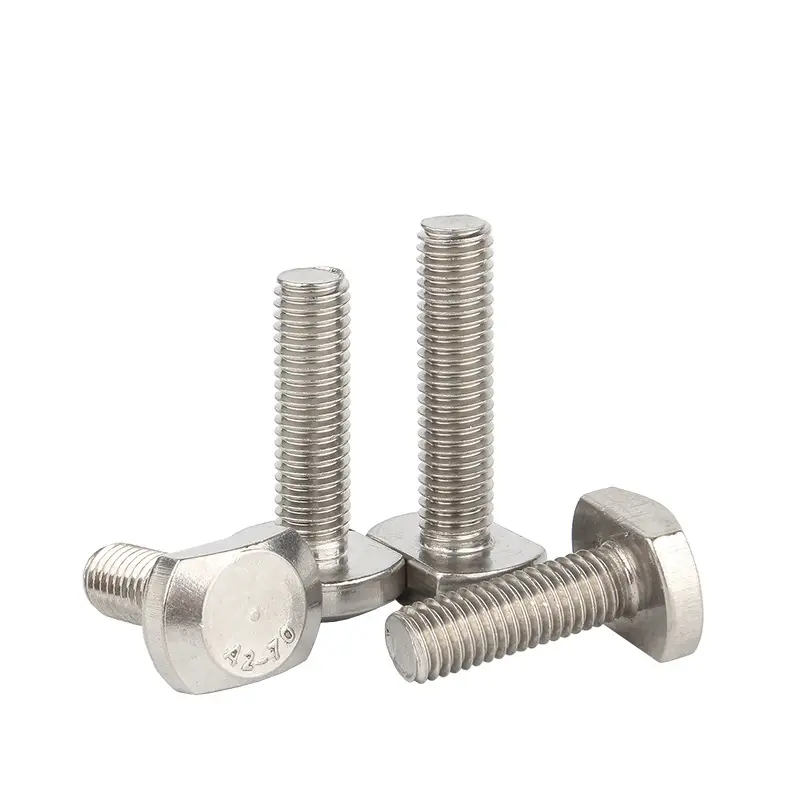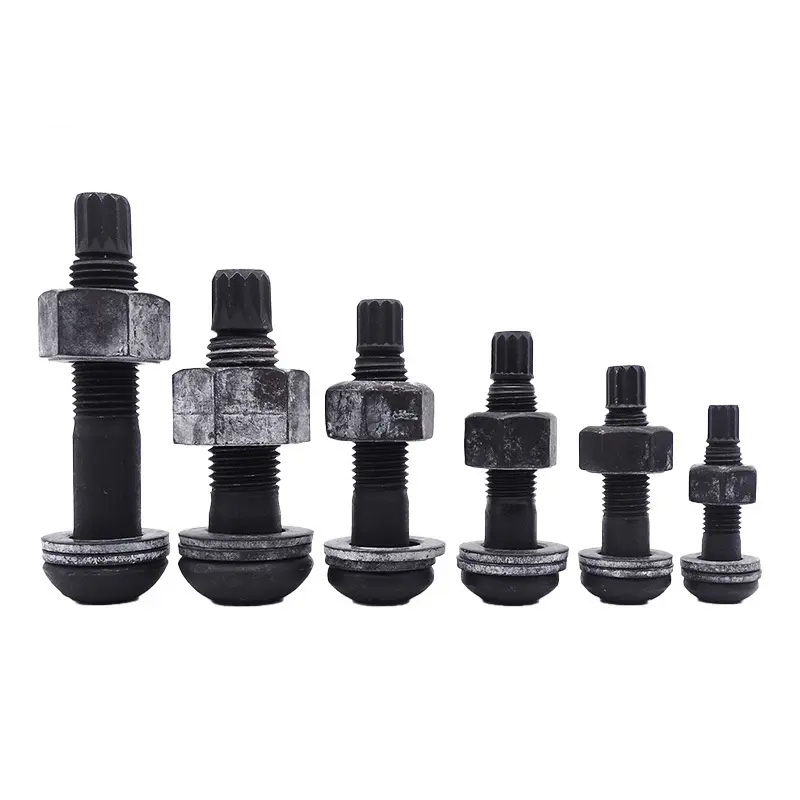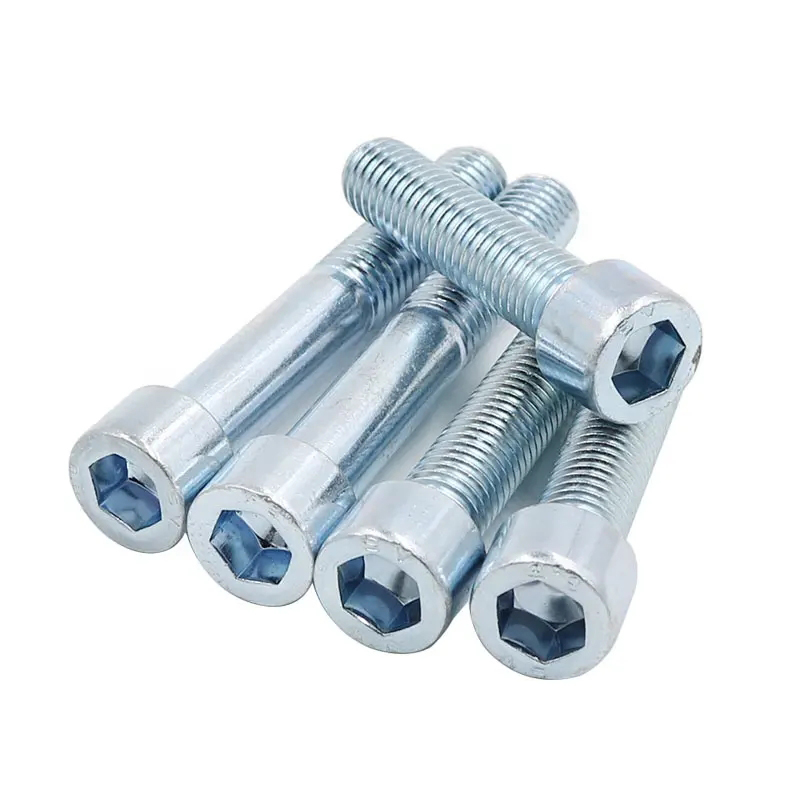

This comprehensive guide explores the world of nylon lock nuts, covering their types, applications, advantages, and selection criteria. We delve into the specifics of their design and functionality to help you choose the perfect nylon lock nut for your needs. Learn how to identify the right size and material for your specific application and ensure secure and reliable fastening solutions.
Nylon lock nuts are a type of self-locking nut that utilizes an integrated nylon insert to create a vibration-resistant and secure fastening. Unlike standard nuts that rely solely on friction, nylon lock nuts provide additional clamping force, making them ideal for applications where vibration or loosening is a concern. The nylon insert creates a frictional grip on the bolt threads, preventing the nut from loosening under stress. This makes them superior to traditional nuts in many applications.
These are the most common type of nylon lock nut. They feature a nylon insert that covers a portion of the threads, providing a reliable locking mechanism. They are available in a wide range of sizes and materials to accommodate various applications. These nuts offer a good balance of cost-effectiveness and reliability. For example, a common application is in automotive parts.
These nylon lock nuts utilize a fully metallic shell with a nylon patch. This design offers increased durability and resistance to high temperatures. They are frequently preferred for demanding applications where high temperatures or aggressive chemicals are present, making them particularly suitable for industrial settings. Think heavy machinery or outdoor applications where exposure to the elements is a factor.
Beyond standard and all-metal varieties, there are specialized nylon lock nuts available for specific applications. These can include: nylon lock nuts with increased vibration resistance, nylon lock nuts designed for specific materials (like plastics), and nylon lock nuts with specific coatings for corrosion protection. Always consult a specification sheet to determine the most appropriate type for a given application.
Selecting the appropriate nylon lock nut depends on several crucial factors:
| Factor | Considerations |
|---|---|
| Thread Size and Type | Ensure compatibility with your bolt. Common types include metric and UNC/UNF. |
| Material | Choose a material that can withstand the operating temperature and environment. Steel, stainless steel, and brass are common options. |
| Vibration Resistance | Consider the level of vibration expected in the application. Higher vibration may require a specialized nylon lock nut. |
| Temperature Range | The operating temperature will influence the choice of material and nylon insert type. Always check the manufacturer's specifications. |
(Table data is generalized; consult specific manufacturer datasheets for precise specifications.)
Sourcing reliable and high-quality nylon lock nuts is essential for ensuring the safety and longevity of your project. For a wide selection of high-performance fasteners, including a comprehensive range of nylon lock nuts, consider exploring the options available from Hebei Dewell Metal Products Co., LTD. They offer a diverse catalog to meet a variety of industrial and manufacturing needs.
Remember to always consult manufacturer specifications for detailed information on the appropriate use and application of nylon lock nuts. Proper selection and installation are key to ensuring a secure and reliable fastening solution.


